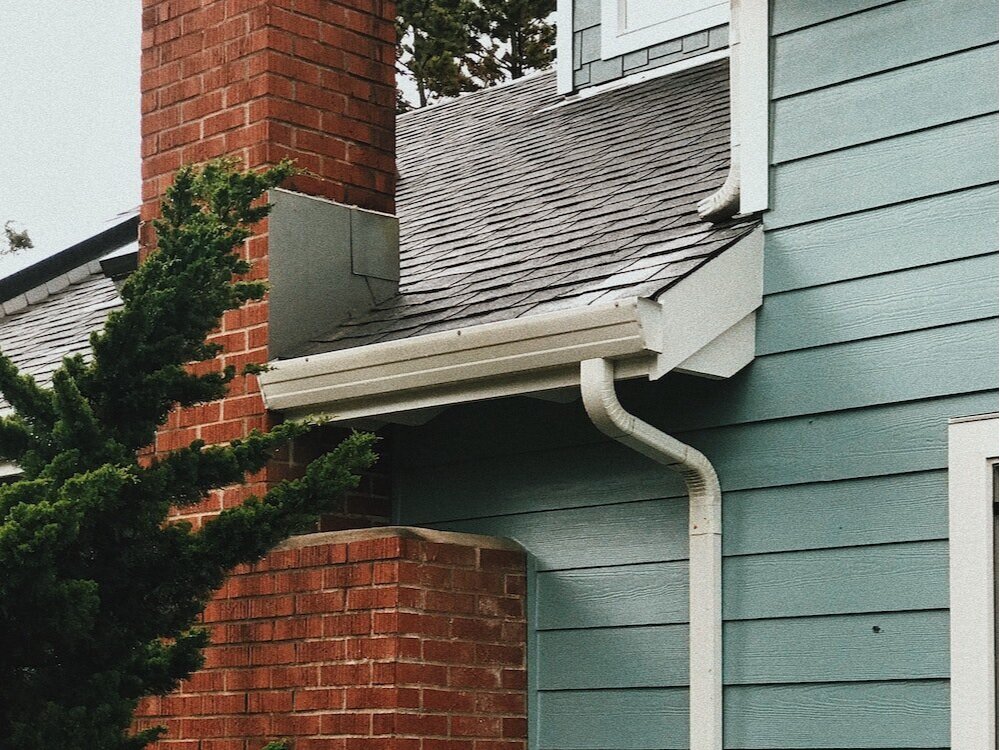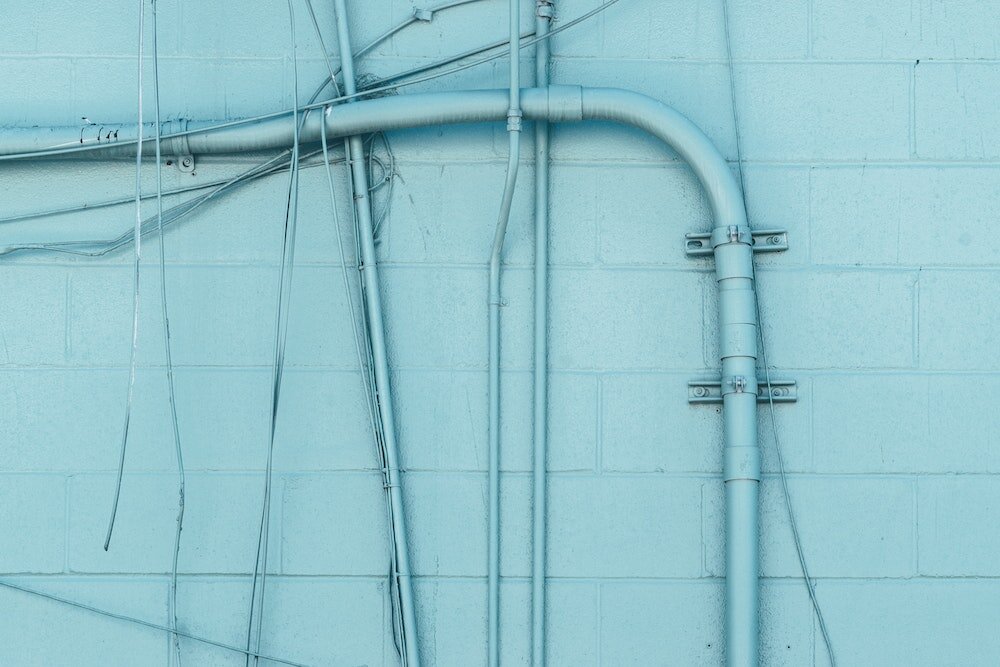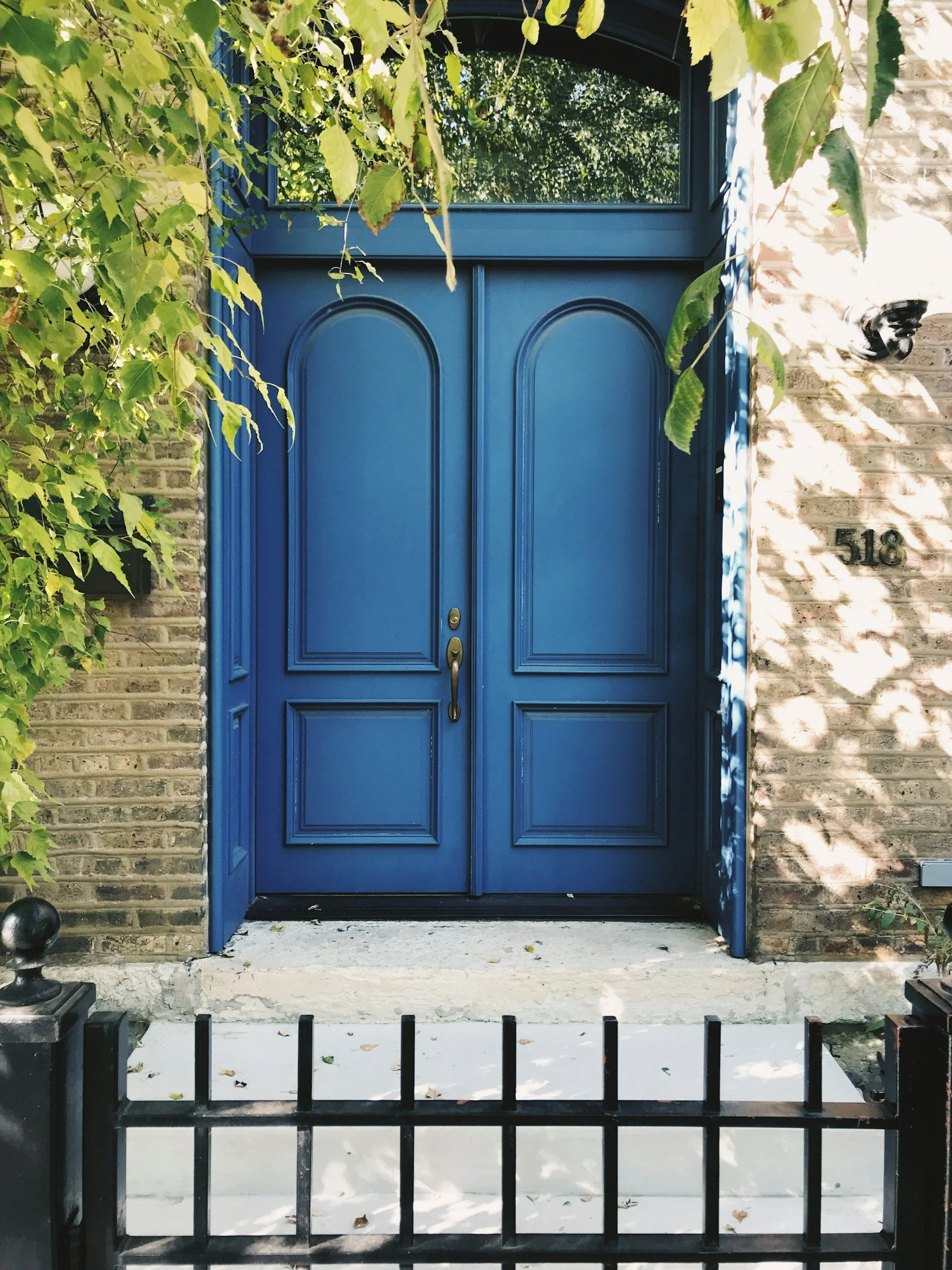One of the biggest threats to vacant properties over the winter is the risk of leaks or water ingress. From flooding to mould, any moisture finding its way into your property is bad news.
For most property owners, it’s relatively easy to protect a building from the storms and (seeming) endless rain of the UK winter. However, when you are managing a vacant property, things get a little more complicated.
This is mainly because you won’t be on-site to keep an eye on things, meaning small issues can quickly lead to big problems. For this reason, it is crucial that you take preventative measures before the winter sets in to fully leak-proof your vacant property.
So, for landlords and vacant property managers, here’s our guide to successfully leak-proofing your property.
If you have a vacant property to protect over the winter, you can learn more about our zero-cost property guardian service here for 24/7 on-site security and maintenance.
Inspect the Roof, Chimney, & Attic
Step 1: arrange to have your roof thoroughly inspected. Depending on the roof you have, look out for misplaced tiles, cracks, or points of weakness. Getting these repaired can go a long way to prevent severe water damage.
If you have a chimney, make sure to check that too – particularly the flashing (the sheet of metal that keeps the roof and chimney watertight). Plus, install some attic insulation from the inside to help further waterproof the roof.
Clear Gutters & Drains
Blocked gutters and drains prevent proper drainage and can cause big issues over time. So, while you are dealing with the roof, take this opportunity to clear all leaves and debris from the gutters. And, when you are back at ground level, do the same with the drains.
If your gutters are already full of water, you most likely have a block in the downspout - which will need clearing to prevent water damage.
Repair Cracks & Weak Points
Next, check the exterior and interior of your property for any cracks or points where water could gain access to the property. Small cracks can be sealed with caulk and waterproof sealant whereas larger cracks may need cement.
If you have a basement, take extra care to make sure that no water can find its way in through the foundations, leaving you vulnerable to ground level flooding.
Insulate any Pipes
Rusty or ill-maintained pipes are a leading cause of water damage in vacant properties. So, before you leave your vacant property, make sure to thoroughly inspect all your plumbing and pipes.
Firstly, fix or replace any damaged areas, then wrap the pipes in heat tape, and add insulation to avoid freezing and bursting. We also recommend running the heating at a low temperature throughout the period of vacancy to avoid expensive and dangerous burst pipes.
Leak-Proof Windows & Doors
And finally, before locking up your vacant property for the winter, double-check that all your windows and doors are fully sealed and waterproofed. It’s a relatively quick task that can help prevent water from seeping into your property and causing damp, mould, and mildew to appear.
We recommend applying caulk to the inside and outside seal of windows and getting some weather-stripping to seal doors that don’t close tightly.
Following the steps above, will help keep your vacant property dry and warm throughout the winter period – making it far easier to re-let or sell when you find the right tenant/buyer.
However, if you are still worried about the security and crime risks that come with the winter – then you might want to consider our 24/7 on-site property guardian service.
You can read more about how the scheme works here, but in brief: professional guardians move on-site in their capacity to protect your asset. The guardians benefit from lower than market rent costs, and you (the landlord) benefit from zero-cost 24/7 security and maintenance.
Get in touch today for more info or register your property here and we’ll give you a call.






